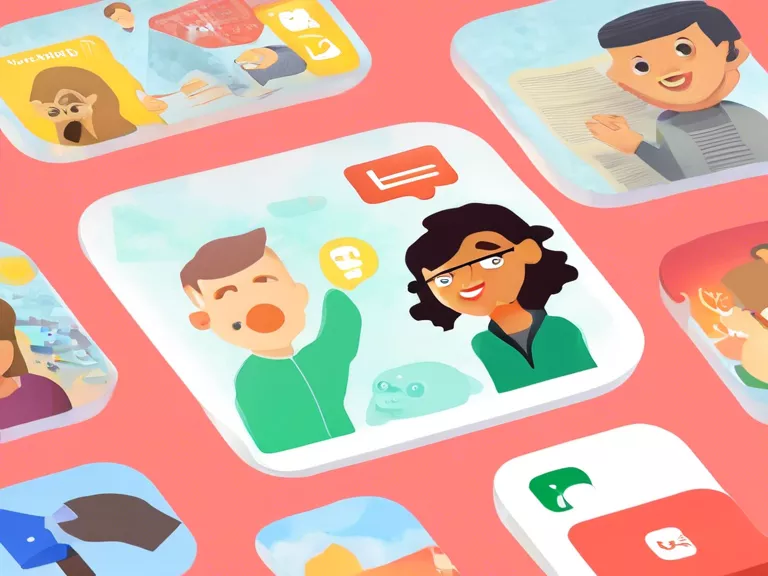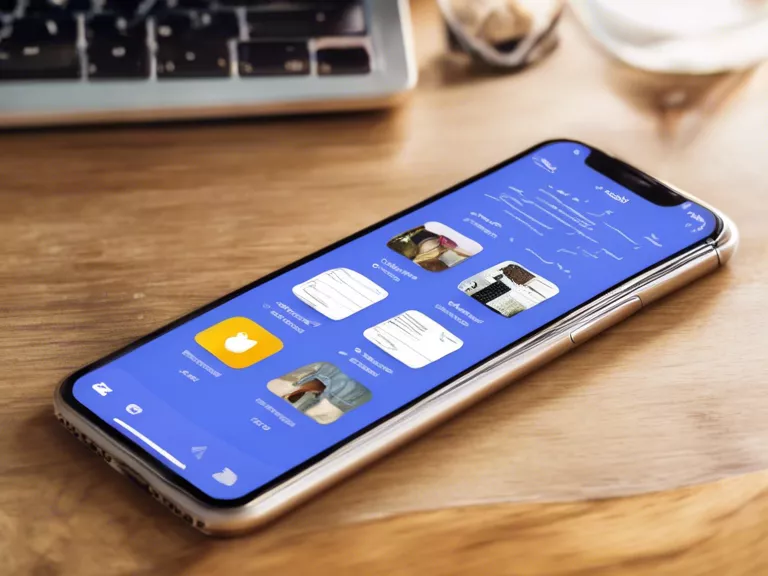
Language learning apps have revolutionized the way we approach learning new languages, making multilingualism more accessible than ever before. These apps offer a wide range of features and tools that cater to different learning styles and proficiency levels, allowing users to learn at their own pace and convenience. Whether you're a beginner looking to pick up basic vocabulary or an advanced learner aiming for fluency, language learning apps have something to offer for everyone. In this article, we'll explore how language learning apps are transforming the landscape of language education and enabling individuals to become multilingual effortlessly.
One of the key advantages of language learning apps is their flexibility and convenience. Users can access these apps anytime, anywhere, allowing them to incorporate language learning into their daily routines seamlessly. With features such as interactive lessons, language exercises, and pronunciation guides, users can practice and improve their language skills on the go. This flexibility enables individuals to tailor their language learning experience according to their preferences and availability, making multilingualism more achievable for a wider audience.
Another benefit of language learning apps is their personalized approach to language education. These apps utilize algorithms and machine learning to create customized learning paths for users based on their language goals, proficiency levels, and learning preferences. By providing targeted feedback and recommendations, language learning apps help users stay motivated and engaged throughout their language learning journey. This personalized approach enhances the effectiveness of language learning apps and ensures that users make consistent progress in their language acquisition.
Moreover, language learning apps offer a wide variety of resources and materials to support different aspects of language learning. From vocabulary drills to grammar exercises, from cultural insights to real-life conversations, these apps cover a broad spectrum of language skills and competencies. Users can choose from an array of content options based on their interests and learning objectives, enabling them to develop a well-rounded proficiency in their target language. Additionally, many language learning apps feature interactive games, quizzes, and challenges that make learning fun and engaging, motivating users to practice regularly and improve their language skills efficiently.
In conclusion, language learning apps have democratized access to multilingualism by making language education more flexible, personalized, and comprehensive. With their user-friendly interfaces, innovative features, and vast content libraries, these apps empower individuals to embark on their language learning journey with confidence and enthusiasm. Whether you're learning a new language for travel, work, or personal enrichment, language learning apps provide the tools and support you need to succeed. Embrace the power of language learning apps and unlock the doors to a world of opportunities and intercultural connections through multilingualism.



